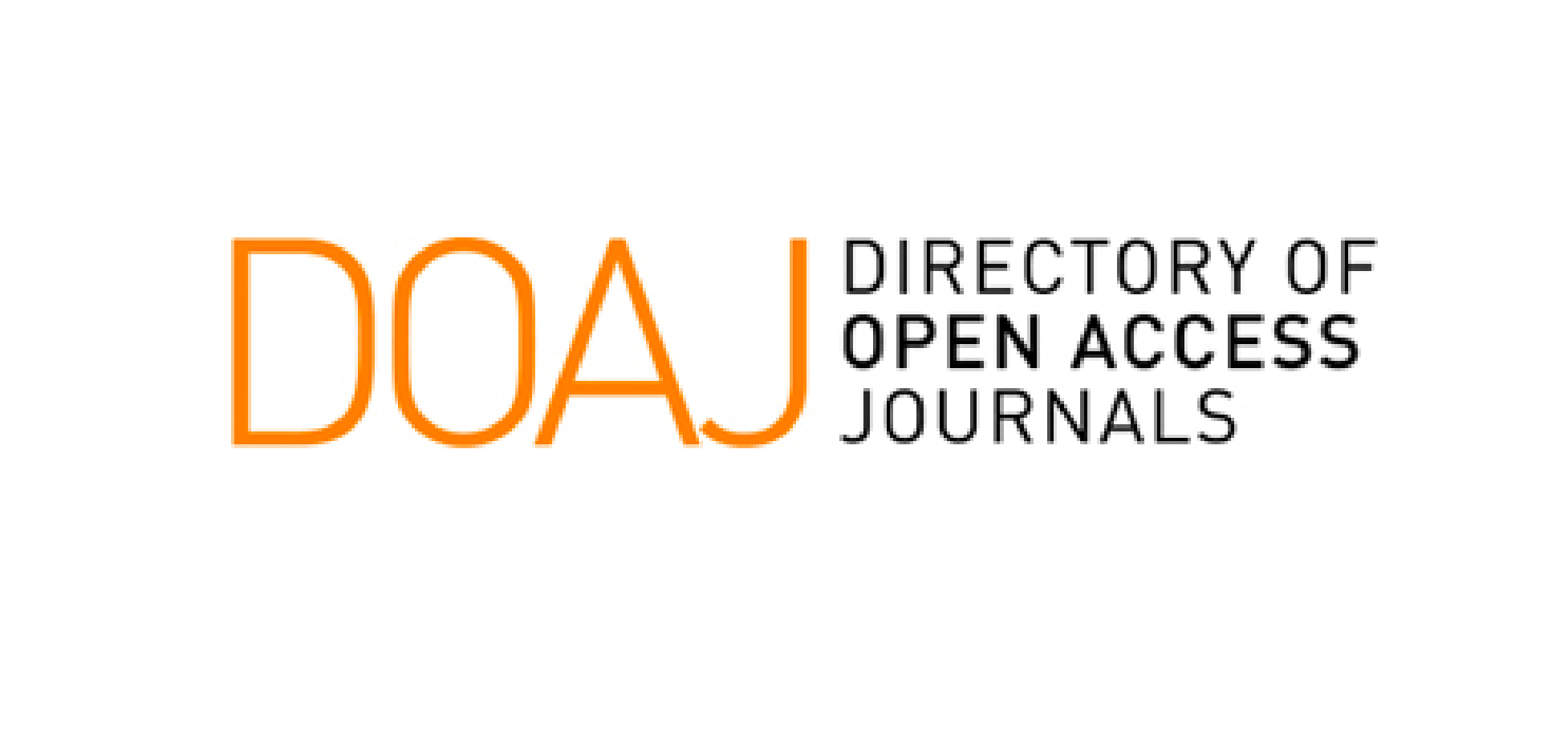HOME-SCHOOL INTERACTION: REMODELLING A FRAMEWORK OF PARENTS-TEACHERS RELATIONSHIP FOR SUPPORTING STUDENTS’ LEARNING
Abstract
Keywords
Full Text:
PDFReferences
Albright, M., I, Weissberg, R., P., & Dusenbury, L., A. (2011). School-family partnership strategies to enhance children’s social emotion and academic growth. Newton, MA: National Centre for Mental Helath Promotion and Youth Violence Prevention. Education Development Centre, Inc.
Alexander, T. (1997). Family learning: The foundation of effective education. London: Creative Commons.
Alexander, T. (1997). Family learning: Taking the work forward. Working Paper. Second report of the National Advisory Group for Continuing Education and Lifelong Learning.
Australian Government, Department of Health and Ageing (2009). A guide for practicing adult learning. Rural Health Education Foundation.
Avenevoli, S., Sessa, F., & Steinberg, L. (1999). Family structure, parenting practices and adolescent adjustment: An ecological examination, in E. Hetherington (Ed.). Coping with divorce, single parenting and remarriage: A risk and resiliency perspective. Marwah, NJ: Lawrence Erlbaum Associates.
Bandura, A. (1977). Learning through modeling. In Liebert, R., M., Poulus, R., W., &Marmor, G., S. (Eds). Developmental Psychology. New Jersey: Prentice-Hall, Inc.
Bandura, A. (1971). Social learning: Theory. New York: General Learning Press.
Baumrind, D. (1991). Effective parenting during early adolescent transition. In P. Cowen & E. Hetherington (eds). Family transitions. Lawrence Erlbaum Associates, NJ: Mahwah.
Christenson, S., L., Rounds, T. & Franklin, M., J. (1992). Home-school collaboration: Effects, issues, and opportunities. In S., L. Christenson & J., C. Conoley (Eds.). Home-school collaboration: Enhancing children’s academic and social competence (pp. 19-52). National Association of School Psycholinguistics: Silver Spring, MD.
Christenson, S., L. & Sheridan, S., M. (2001). Schools and families. Creating essential connections for learning. New York: The Guilford Press.
Davis, D. (2000). Supporting parent, family, and community involvement in your school. Northwest Regional Educational Laboratory.
Dornyei, Z. & Ushioda, E. (2011). Teaching and researching motivation. Edinburgh: Pearson Education Limited.
Dowley, E., M. (1989).Early childhood education in the shipyards.In Gordon, A., M., Browne, K., W., &Dowley, E., M (Eds.).Beginnings and beyond.Foundations in early childhood education. New York: Delmar Publishers, Inc.
Elias, M., J., Bryan, K., Patrikakou, E., N., & Weissberg, R., P. (n.d.). Challenges in creating effective home-school partnerships in adolescence: Promising path for collaboration.
Goleman, D. (1996). Emotional intelligence. London: Bloomsbury Publishing PLC.
Gordon, A., M. & Browne, K., W. (1989). Beginnings & Beyon. Foundations in early childhood education (2nd ed.). New York: Delmar Publishers, Inc.
Hetherington, E. & Stanley-Hagan, M. (2002). Parenting in divorced and remarried families, in M. Bornstein (Ed). Handbook of parenting: Vol. 3: Being and becoming a parent. Mahwah, NJ: Lawrence-Erlbaum Associates.
Honig, A. (1979). Parent involvement in early childhood education. In Gordon, A., M & Browne, K., W. (Ed.). Beginnings & Beyonds. Foundations in early childhood education. New York: Delmar Publisher, Inc.
Johnson, D. W., Johnson, R., T. & Stanne, M., B. (2000). Cooperative learning methods: A meta-analysis. Minnesota: University of Minnesota.
Keyes, C., R. (2002). A theoretical approach for teachers. Issues in early childhood education.
Keyes, C., R. (2000). Parent-teacher partnerships: A theoretical approach for teachers. Eric. Http://ericeece.org/pubs/books/katzsym/keyes.pdf.
Krathwohl, D., R., Bloom, B., S. & Masia, B., B. (1964). Taxonomy of educational objectives: Handbook II: Affective domain. New York: David McKay Co, cited in classweb.gmu.edu.
Lantieri, L. & Goleman, D. (2008). Building emotional intelligence: Techniques to cultivate inner strength in children. Canada: Sounds True, Inc.Boulder.
Lewis, R. (2009). Teaching “at risk” students: Meeting their needs. In L., J. Saha & A., G. Dworkin (Eds.). International handbook of research on teachers and teaching, pp. 895-905.
Loeber, R. & Stouthamer-Loeber, M. (1986). Family factors as correlates and predictors of juvenile conduct problems and delinguency, in M. Tory and N. Morris (Eds.). Crime and Justice (vol. 7). Chicago: University of Chicago Press.
Maccoby, E. & Martin, J. (1983). Socialization in the context of the family: Parent-child interaction, In E. Hetherington (Ed). Handbook of child psychology, vol. 4: Socialization, personality and social development. New York: Wiley.
McLoughlin, C. & Luca, J. (2000). Cognitive engagement and higher order thinking through computer conferencing: We know why but do we know how? In A. Herrmann and M., M. Kulski (eds.). Flexible Futures in Tertiary Teaching. Proceedings of the 9th Annual Teaching Learning forum, 2-4 February 2000, Perth: Curtin University of Technology. http://isn.curtin.edu.au/tlf/tlf 2000/mcloughlin.html.
Patterson, G., R. (1977). Families.Applications of social learning to family life. Champaign IL: Research Press.
Skinner, B., F. (1953).Science and human behavior. New York: Appleton-Century-Crofts.
Spodek, B. (1972). Teaching in the early years. In Gordon, A., M & Browne, K., W. (Ed.). Beginnings & Beyonds. Foundations in early childhood education. New York: Delmar Publisher, Inc.
Steinberg, L., Mounts, N., Lamborn, S. & Dornbusch, S. (1991). Authoritative parenting and adolescent adjustment across varied ecological niches. Journal of Research on Adolescence, Vol. 1, pp. 19-36.
Vandenbers, L. (n.d). Facilitating adult learning. How to teach so people learn. Retrieved from od.msue.msu.edu.
Wise, S. (2003). Family structure, child outcomes and environmental mediators: An overview of the development in diverse family study. Research paper no 30. Melbourne: Australian Institute of Family studies.
Wright, T. (2005). Classroom Management in Language Education. New York: Palgrave Macmillan.
DOI: http://dx.doi.org/10.12962/j24433527.v6i1.607
Refbacks
- There are currently no refbacks.
This work is licensed under a Creative Commons Attribution 4.0 International License.







